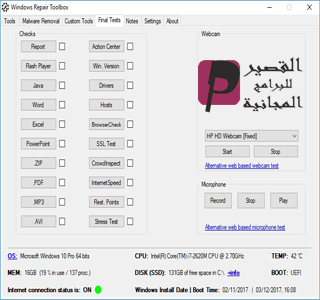

Net debt is expected to stabilise at 53.2 per cent of GDP in 2023/24. Main budget non-interest expenditure is projected to remain stable at 26.6 per cent of GDP between 2017//21.

Real growth in non-interest expenditure will average 1.8 per cent over the next three years.Post-school education and training is the fastest-growing category. Contingency reserves have been revised upwards to R26 billion over the next three years.

the 2017 MTBPS:medium-term expenditure cuts identified by a Cabinet subcommittee amounting to R85 billion,and an additional allocation of R57 billion for fee-free higher education and training. The budget deficit is projected to narrow from 4.3 per cent of GDP in 2017/18 to 3.5 per cent in 2020/21.Government will implement structural reforms to promote investment by reducing policy uncertainty,and act decisively to promote good governance and sound financial practices at state owned companies. The global economic recovery provides a supportive environment for South Africa to expand trade and investment,but domestic constraints that have reduced business confidence stand in the way of accelerated growth. The economy has benefited from strong growth in agriculture, higher commodity prices and,in recent months,an upturn in investor sentiment. Gross domestic product growth of 1 per cent is expected for 2017, up from 0.7 per cent projected in October 2017.Growth is forecast to reach 2.1 per cent by 2020.


 0 kommentar(er)
0 kommentar(er)
